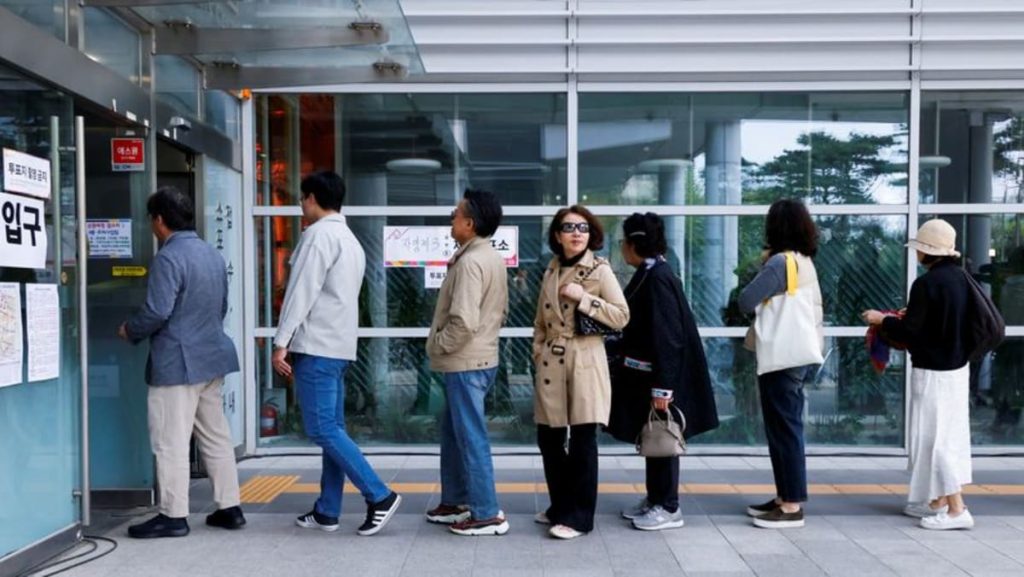SBS showed the main opposition People Power Party leading with 168 seats out of the 300-member National Assembly, with the ruling Democratic Party and its allies trailing behind with 133 seats. The results are a clear indication of public dissatisfaction with President Yoon Suk Yeol’s administration, which has faced criticism for its handling of the COVID-19 pandemic, economic policies, and rising housing prices.
The main opposition People Power Party, led by Lee Jun-seok, ran a campaign focused on economic revitalization, job creation, and anti-corruption measures. The party’s platform resonated with voters disillusioned with President Yoon’s government, which has been plagued by corruption scandals and a sluggish economy. The election results signal a significant shift in South Korean politics, with the ruling party losing its majority in the National Assembly for the first time in five years.
President Yoon Suk Yeol, who took office in May 2021, is facing a major setback with his party’s defeat in the legislative elections. The loss of the majority in the National Assembly will make it difficult for President Yoon to push through his policy agenda and may lead to increased political gridlock in the country. The election outcomes are a warning sign for President Yoon’s government to address the concerns of the public and improve its governance to avoid further losses in future elections.
The results of the legislative elections also have implications for the upcoming presidential election in 2022. The victory of the main opposition People Power Party in the legislative elections may boost its chances of winning the presidential race, with its leader Lee Jun-seok emerging as a strong contender. President Yoon’s administration will need to reassess its policies and governance to regain public trust and support ahead of the presidential election.
The election results reflect growing public discontent with the ruling Democratic Party and President Yoon’s government, which have been criticized for their handling of the COVID-19 pandemic and economic challenges. The main opposition People Power Party’s victory in the legislative elections sends a clear message to the government to address the concerns of the people and take concrete steps to improve the country’s governance. The election outcomes mark a turning point in South Korean politics and highlight the need for political leaders to listen to the voices of the public and work towards addressing their needs and aspirations.
Overall, the results of the legislative elections in South Korea represent a significant shift in the country’s political landscape, with the main opposition party and its allies projected to win a majority in the National Assembly. President Yoon Suk Yeol’s administration faces a major setback with the defeat in the elections, signaling a need for the government to address public concerns and improve its governance. The election outcomes also have implications for the upcoming presidential election in 2022, with the main opposition party gaining momentum and potentially strengthening its chances of winning the presidency.


